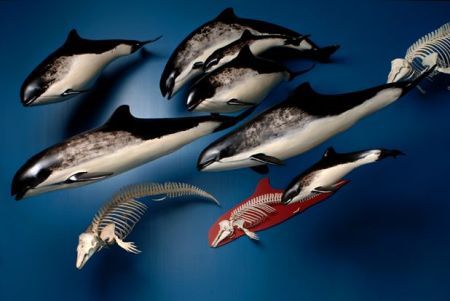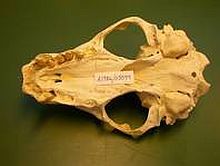
| Project data | |
|---|---|
| Project leader: | Prof. Prof. h. c. Dr Ursula Siebert |
| Scientific work: | Dr. Kristina Lehnert-Sobotta |
| Project term: | September 2015 - March 2020 |
| Sponsorship: | VolkswagenStiftung |
| Cooperation partners: |
Zoological Institute Hamburg University Zoological Museum Hamburg University German Marine Museum in Stralsund Zoological Institute and Museum at the University of Kiel Natural History Museum in Danmark Swedish Museum of Natural History |
‘MARINE MAMMALS IN A CHANGING ENVIRONMENT’ Symposium – 07-08 March 2019 – CeNak, Hamburg, Germany


Project description
Harbor porpoises (Phocoena phocoena), harbor seals (Phoca vitulina) and grey seals (Halichoerus grypus) are native to the North Sea, and in smaller numbers also, in the Baltic Sea. All three species are increasingly at risk. Although they have no natural enemies in their habitat, various factors such as pollution, fishing of the seas, global warming and increasing use of the ecosystem by humans, through shipping or offshore wind turbines, can affect these species. These factors can have serious consequences on the health of these mammals.
In this cooperative project specifically, bone density and bone structure in preparations spanning several decades will be compared, and bones will be examined for trace elements and heavy metals such as mercury, lead and selenium. In addition, changes in the food spectrum will be analyzed and searched for stress markers to see whether environmental conditions have changed over time. Project partners will also check the specimens for pathogens. They will try to detect viruses and categorize the parasites of the three mammalian species. Aim of the project is to work out parameters suitable for assessing the health of our marine mammals over an extended time period.
In addition to TiHo, the Zoological Institute and the Zoological Museum of Hamburg University, the German Marine Museum in Stralsund, the Zoological Institute and Museum at the University of Kiel, Hildesheim University and the National History Museum in Denmark and the Swedish Museum of Natural History are involved in the project.


